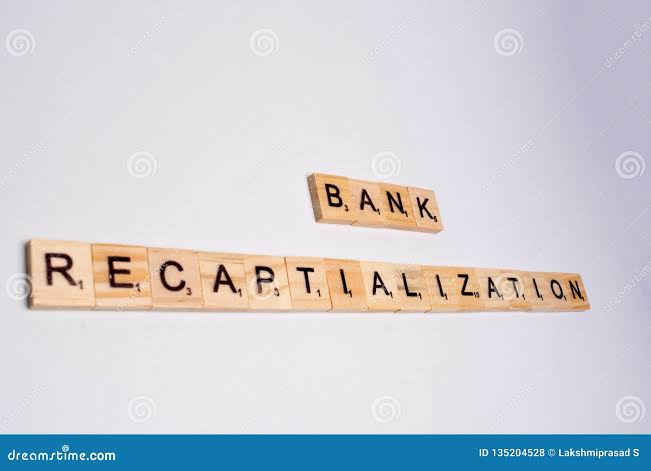Nigeria’s private sector is currently grappling with a substantial credit shortfall, with domestic lending to this sector at a mere 13% of Gross Domestic Product (GDP).
This figure is considerably lower than the global average, indicating a pressing need for improvement. Yemisi Edun, the managing director of First City Monument Bank (FCMB), has expressed optimism that ongoing recapitalization efforts within the banking sector will raise this lending threshold above the current 13%.
During her remarks at the 17th Annual Banking and Finance Conference held in Abuja, Edun underscored the critical nature of this credit gap and its implications for the nation’s economic growth.

She pointed out that in comparison to countries with economies exceeding a trillion dollars—where private sector lending typically reaches around 80% of GDP—Nigeria’s situation appears particularly challenging.
Edun emphasized that the recapitalization of Nigerian banks is vital for mitigating this credit shortfall. She specifically noted the importance of boosting private sector credit as a catalyst for economic development, particularly for Small and Medium-sized Enterprises (SMEs).
“In the country, SMEs, which play a major role in employment and economic growth, are struggling with limited access to credit. With the recapitalization of banks, there will be more capacity to offer affordable loans to SMEs, enabling them to grow and contribute more effectively to GDP,” she stated.
Furthermore, Edun elaborated on Nigeria’s ambition to evolve into a $1 trillion economy, asserting that the financial services sector must outpace the overall economy’s growth to achieve this goal.

“Financial services account for around 4.7% of GDP. For the sector to hit a target of 5.5% by 2030, it would need to grow by more than 18% annually,” she explained. The current recapitalization, anticipated to enhance the banking sector’s shareholders’ funds by over 50%, will play a pivotal role in facilitating this necessary growth.
With an expanded capital base, banks will be in a stronger position to meet the financing needs of critical sectors such as infrastructure and manufacturing, which are essential for Nigeria’s long-term economic development.

In addition to traditional lending practices, Edun advocated for exploring alternative financing mechanisms. She mentioned the potential benefits of joint ventures, venture capital, and loan guarantee schemes as vital supports for high-potential SMEs. “Diverse funding options, including equity and debt partnerships, are essential for overcoming the capital constraints many businesses face,” she recommended.
Addressing the infrastructure deficit, Edun pointed out that Nigeria requires approximately $100 billion each year to tackle these challenges effectively.
She suggested that banks collaborate to issue long-term infrastructure bonds and engage in public-private partnerships (PPPs) to bridge this funding gap.
Looking to the future, Edun highlighted the importance of investing in technology and human capital to enhance the financial services sector.
“Digital transformation and automation are critical for the future of financial services. Innovations like artificial intelligence will play a key role in enhancing efficiency and expanding access to underserved populations,” she asserted.

































